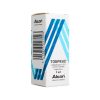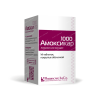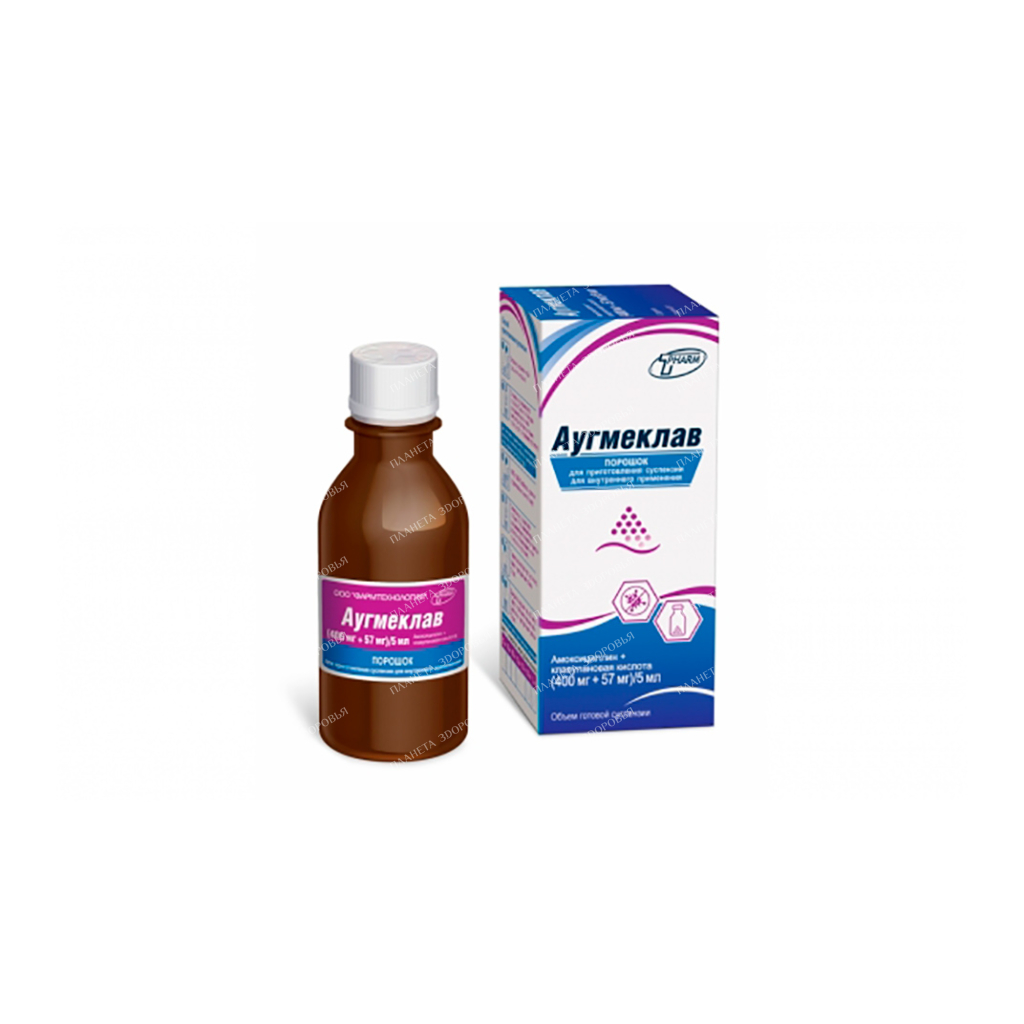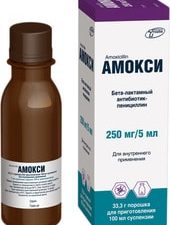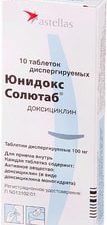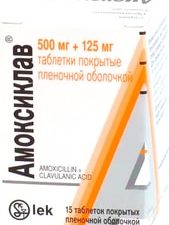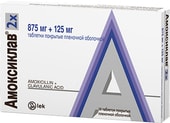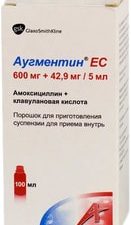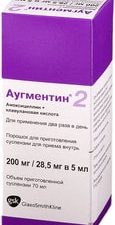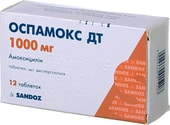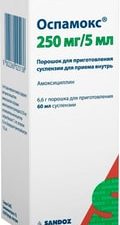Augmeclav powder for oral suspension (400mg+57mg)/5ml №1
$29.00
Augmeclav Powder for Oral Suspension: Powerful Antibiotic for Common Infections
Augmeclav is a prescription antibiotic used to treat various bacterial infections in adults and children. It’s available as a powder for oral suspension, making it easy to administer, especially for young patients.
What is Augmeclav?
Augmeclav is a combination of two antibiotics: amoxicillin and clavulanate potassium. Amoxicillin is a penicillin antibiotic that fights bacteria by interfering with their cell wall formation. However, some bacteria produce an enzyme called beta-lactamase, which can break down amoxicillin, making it ineffective. Clavulanate potassium inactivates this enzyme, protecting amoxicillin from being destroyed, and ensuring its effectiveness.
What are the Uses of Augmeclav?
Augmeclav is effective against a wide range of bacteria, making it suitable for treating various infections, including:
- Acute bacterial sinusitis: Infection of the sinuses.
- Acute otitis media: Ear infection.
- Exacerbation of chronic bronchitis: Flare-ups of a chronic lung infection.
- Community-acquired pneumonia: Lung infection acquired outside of a hospital setting.
- Cystitis: Bladder infection.
- Pyelonephritis: Kidney infection.
- Skin and soft tissue infections: Infections of the skin, such as boils, abscesses, and infected wounds.
- Bone and joint infections: Infections of the bones and joints, including osteomyelitis.
Dosage and Administration:
The recommended dose of Augmeclav varies depending on the age, weight, and severity of the infection. It is crucial to follow the doctor’s instructions carefully.
Important Information:
- Before using Augmeclav, check the ring of the first opening for integrity. A broken ring indicates the vial cannot be used.
- Prepare the suspension immediately before the first use.
- Add the exact amount of water indicated to ensure accurate dosing.
- After dilution, store the suspension for no more than 7 days in a refrigerator at 2-8 °C.
- Always shake the vial well before each use.
- Use a dosing syringe for accurate measurement.
Possible Side Effects:
Like all medicines, Augmeclav can cause side effects, although not everyone experiences them.
Common side effects:
- Thrush: A yeast infection.
- Diarrhea: Loose stools.
- Nausea: Feeling sick to your stomach.
- Vomiting: Throwing up.
Less common side effects:
- Dizziness: Feeling lightheaded.
- Headache: Pain in the head.
- Skin rash: Redness or bumps on the skin.
- Itching: Feeling itchy.
Serious side effects:
- Severe allergic reactions: Including anaphylaxis (life-threatening).
- Severe skin reactions: Including Stevens-Johnson syndrome and toxic epidermal necrolysis.
- Inflammatory reaction in the colon: Including antibiotic-associated colitis.
If you experience any serious side effects, stop using Augmeclav immediately and contact your doctor.
Precautions:
- Inform your doctor about any allergies, especially to penicillin or other antibiotics.
- Be cautious with Augmeclav if you have liver or kidney problems.
- Do not use Augmeclav if you have infectious mononucleosis.
- Do not use Augmeclav if you are pregnant or breastfeeding without consulting your doctor.
- Do not use Augmeclav in children under 2 months of age.
- Do not take Augmeclav with probenecid.
Conclusion:
Augmeclav is a powerful antibiotic that can effectively treat various bacterial infections. It’s important to use it as directed by your doctor and to be aware of potential side effects. If you have any questions or concerns, consult your doctor or pharmacist.
| INN | AMOXICILLIN+CLAVULANIC ACID |
|---|---|
| The code | 145 218 |
| Barcode | 4 810 183 014 017 |
| Dosage | (400mg+57mg)/5ml |
| Active substance | Amoxicillin, clavulanic acid |
| Manufacturer | Pharmtekhnologiya LLC, Belarus |
Related products
Antibiotics & Antimicrobials
Antibiotics & Antimicrobials
GlaxoSmithKline Augmentin EU Powder, 600mg + 42.9mg / 5ml, 100ml.
Antibiotics & Antimicrobials
GlaxoSmithKline Augmentin Powder, (200mg / 28.5mg) / 5ml, 1 vial.
 Free worldwide shipping on orders $99+
Free worldwide shipping on orders $99+  US: temporary delays — postal services aligning new import rules,
US: temporary delays — postal services aligning new import rules,  EU: 1–2 weeks,
EU: 1–2 weeks,  Worldwide: 1–4 weeks
Worldwide: 1–4 weeks 

